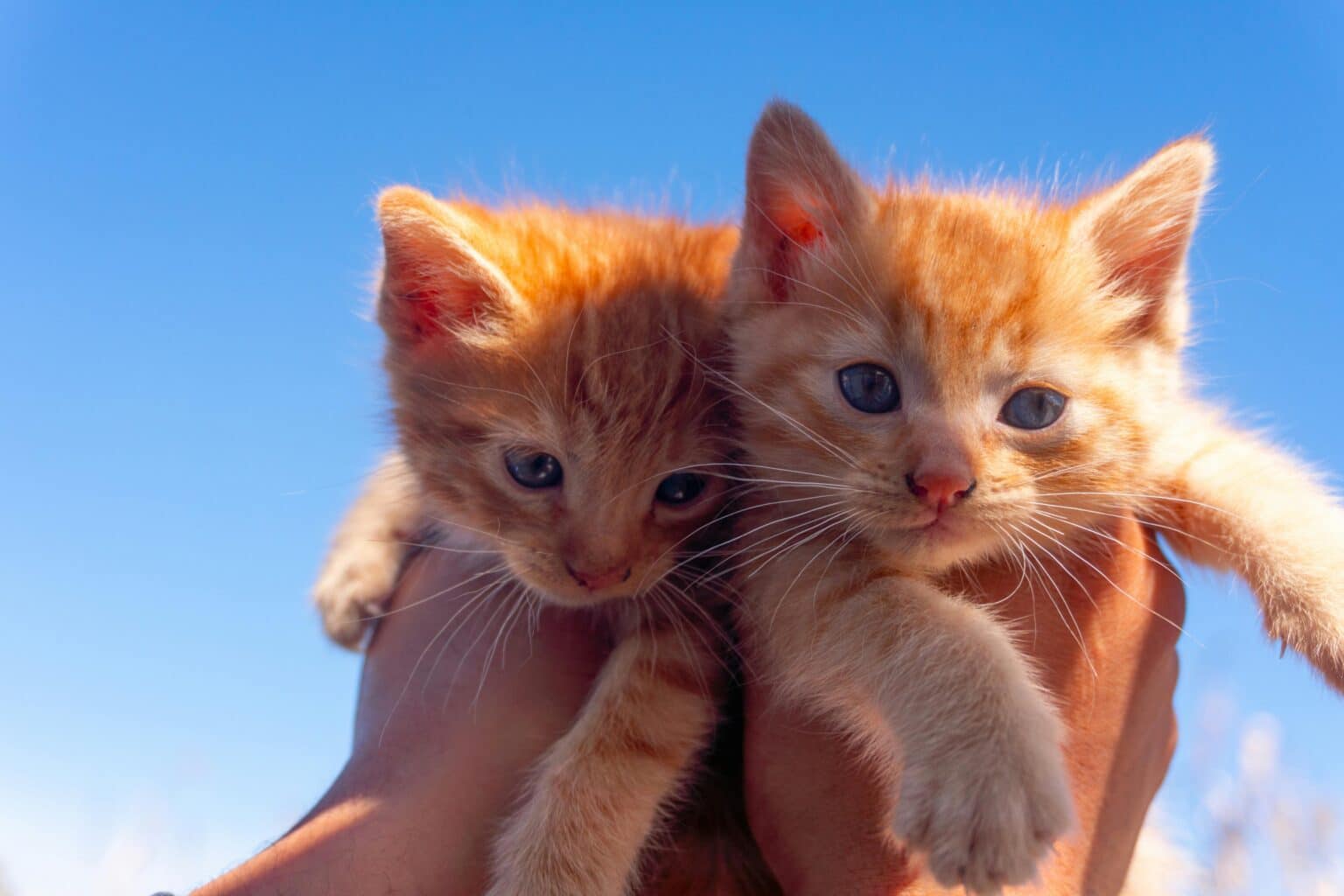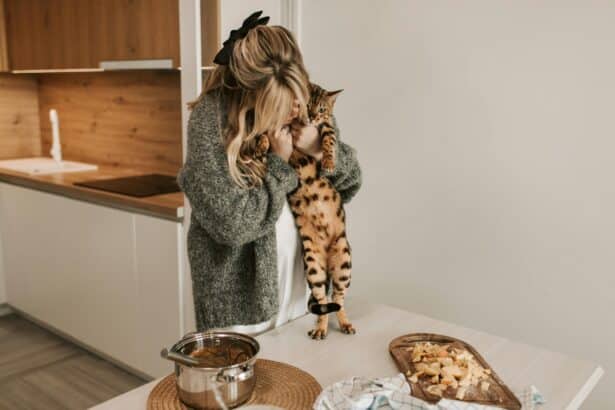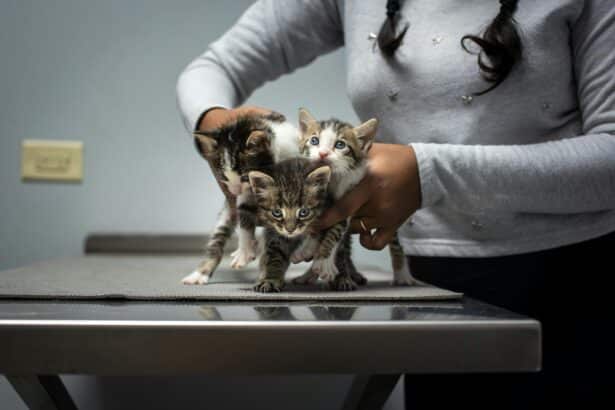Why cats naturally smell good: discover their secret
Have you ever wondered why cats naturally smell so good, even without scented shampoo? Between cuddles and purrs, our little felines often give off a sweet, comforting scent. Today, I’m finally revealing their secret!
- Why cats naturally smell good: discover their secret
- Grooming for impeccable hygiene
- Daily licking: how cats maintain their coats
- The importance of cat saliva in their natural fragrance
- Why frequent grooming ensures a pleasant smell
- Specific glands responsible for their subtle scent
- Sebaceous glands: their role in coat softness and scent
- Feline pheromones: why they positively influence our perception
- Understanding anal glands and their impact on cat odor
- Diet: a key factor for a sweet-smelling cat
- Practical tips for preserving your cat’s natural scent
- Regularly brushing your cat: an essential gesture
- The benefits of regular brushing on coat odour
- Choosing the right brush for your cat’s coat
- The ideal brushing frequency to maintain a pleasant scent
- Create a clean environment to preserve your cat’s natural scent
- The importance of clean, suitable litter
- How to effectively maintain your cat’s living space
- Natural products for home maintenance
- Bathing your cat: yes or no to preserve its natural scent?
- Understanding odor variations in cats: when to worry?
- Unusual odors: identifying the signs of a health problem
- The influence of age on a cat’s body odor
- Stress and anxiety: their impact on cat odor
- Perfumes for cats: a good idea or a bad one?
Grooming for impeccable hygiene
Daily licking: how cats maintain their coats
Your cat spends a large part of his day conscientiously licking himself. This daily ritual not only removes dirt, but also distributes the natural oils evenly over the coat. The result? A soft, clean and pleasantly scented coat.
The importance of cat saliva in their natural fragrance
A cat’s saliva contains enzymes with antibacterial properties that help neutralize unpleasant odors. That’s why Minou always smells good after his intensive grooming session!
Why frequent grooming ensures a pleasant smell
By grooming regularly, your cat avoids the build-up of dirt and bacteria responsible for unpleasant odors. This daily gesture is essential to preserve your cat’s natural good odor.
Specific glands responsible for their subtle scent
Sebaceous glands: their role in coat softness and scent
Your cat’s sebaceous glands produce sebum, an oily substance that moisturizes the coat and gives it its characteristic soft, subtle scent. No wonder we love to bury our noses in their fur!
Feline pheromones: why they positively influence our perception
Cats release soothing pheromones via their cheeks, foreheads and paws. These chemicals positively influence our perception of their scent, reinforcing our attachment to them. Fascinating, isn’t it?
Understanding anal glands and their impact on cat odor
Although less glamorous, anal glands can sometimes influence your cat’s body odor. If your cat develops a strong, unusual odor, this may indicate a problem with these glands. Consult your vet as soon as possible to avoid complications.
Diet: a key factor for a sweet-smelling cat
How diet quality affects a cat’s body odour
A balanced, high-quality diet has a direct influence on your cat’s body odor. Food rich in animal proteins and essential fatty acids ensures a healthy, pleasantly scented coat.
Foods for a soft, fragrant coat
- Fresh meats or kibbles rich in animal proteins
- Omega-3 and omega-6 supplements (fish oil, linseed oil)
- Foods without chemical additives or artificial preservatives
Feeding mistakes to avoid to preserve your cat’s pleasant smell
Absolutely avoid low-end foods rich in cereals or animal by-products. They can cause digestive problems and alter your cat’s body odor.
Practical tips for preserving your cat’s natural scent
Regularly brushing your cat: an essential gesture
The benefits of regular brushing on coat odour
Brushing your cat regularly removes dead hairs, distributes natural oils and prevents tangles. An original tip? Lightly spray the brush with a mild hydrosol such as chamomile to naturally enhance its pleasant scent.
Choosing the right brush for your cat’s coat
- Short bristles: soft rubber brush
- Long hair: wide-tooth metal comb
The ideal brushing frequency to maintain a pleasant scent
To maintain a pleasant smell, brush your cat 2 or 3 times a week. Long-haired cats may need daily brushing.
Create a clean environment to preserve your cat’s natural scent
The importance of clean, suitable litter
Poorly maintained litter can quickly alter your cat’s natural scent. Clean it daily and choose a vegetable or mineral litter without chemical fragrances.
How to effectively maintain your cat’s living space
Regularly clean your cat’s cushions, carpets and baskets with natural products such as baking soda or diluted white vinegar.
Natural products for home maintenance
- Diluted white vinegar
- Bicarbonate of soda
- Squeezed lemon
Bathing your cat: yes or no to preserve its natural scent?
When to bathe your cat without altering its natural scent
A bath is generally not necessary for a healthy cat. It should only be used in the event of severe soiling or if recommended by a veterinarian.
Precautions to take for a successful, stress-free bath
Use a mild shampoo specially formulated for cats, and absolutely avoid artificially scented products that could irritate their delicate skin.
Gentle alternatives to the traditional bath to preserve its natural fragrance
Natural cat cleansing wipes or a damp glove are usually all that’s needed to remove minor dirt without altering the cat’s natural scent.
Understanding odor variations in cats: when to worry?
Unusual odors: identifying the signs of a health problem
Strong, unpleasant or unusual body odor may indicate an infection, dental problem or kidney disease. Consult your veterinarian promptly to identify the cause.
The influence of age on a cat’s body odor
As they age, cats may find it harder to groom themselves effectively. Adapt your care by increasing the frequency of brushing and monitoring their hygiene.
Stress and anxiety: their impact on cat odor
Stress can cause an increase in sebum production, altering your cat’s body odor. Identify the causes of stress quickly and opt for natural solutions such as soothing pheromone diffusers.
Perfumes for cats: a good idea or a bad one?
Understanding the risks of artificial cat perfumes
Chemical fragrances can cause allergies and irritation. Respect your cat’s sensitive sense of smell by avoiding these products.
Natural and safe alternatives to cat perfumes
Choose gentle hydrosols such as chamomile or lavender. Beware of essential oils, which are potentially toxic for cats, according to a recent veterinary study.
Respect your cat’s sensitive sense of smell
Cats have a highly developed sense of smell, so avoid strong odors in their daily environment.
Now you know all the secrets of why cats smell so good. For more valuable tips, explore our articles on Pawtounes.fr!







